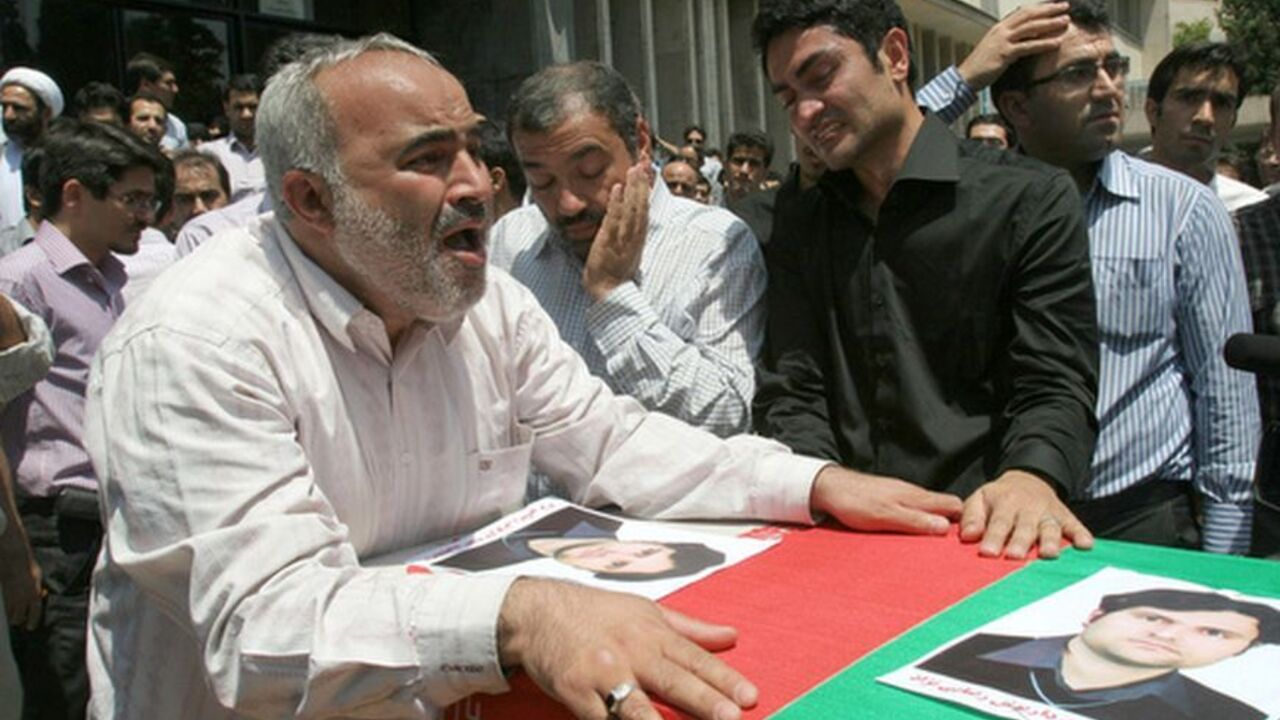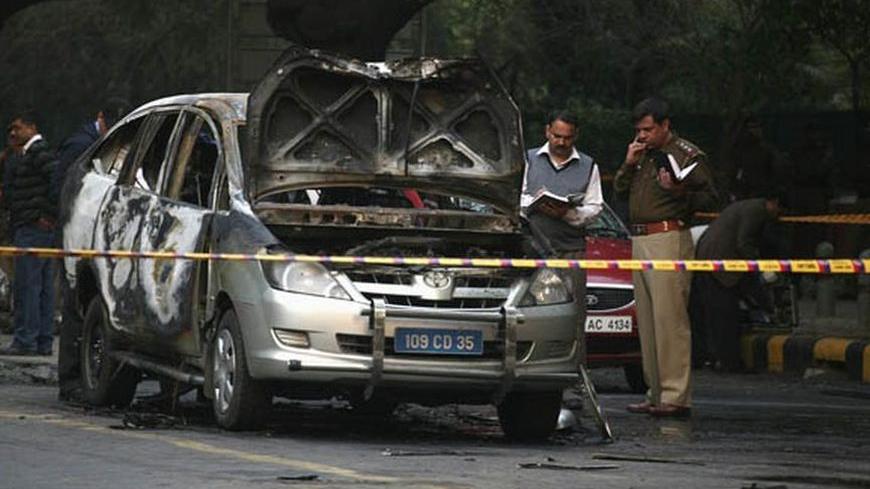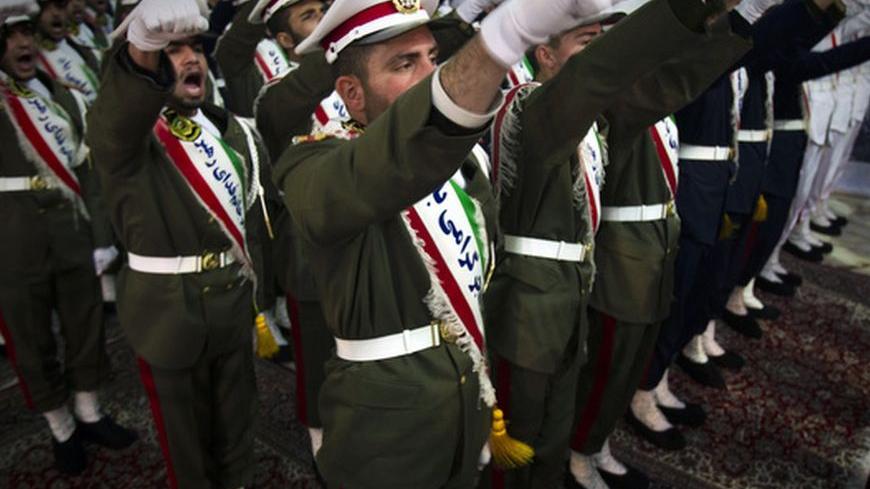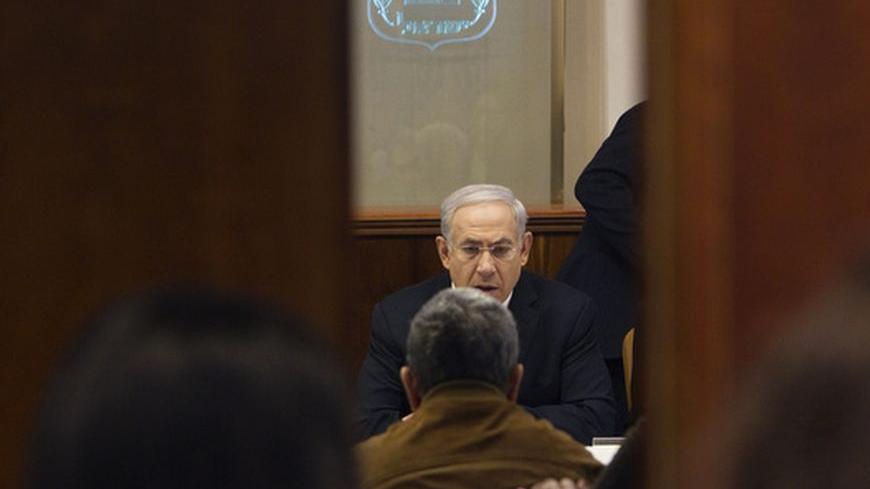Israelis, Not MEK, Killed Iranian Scientists, New Book Says
According to a new book by veteran US and Israeli journalists, Israelis were behind the killing of five Iranian scientists connected to Iran’s nuclear program. Barbara Slavin writes that Spies Against Armageddon is an account of Israeli intelligence triumphs and fiascoes, covering both notorious and less-known operations.

Israelis, not Iranians working for Israel, killed five Iranian scientists connected to Iran’s nuclear program between 2007 and 2011 according to a new book by veteran US and Israeli journalists.
Dan Raviv, a well-known reporter for CBS, and Yossi Melman, a former intelligence correspondent for Ha’aretz, write in “Spies Against Armageddon” that contrary to published reports — which link the killings to members of the Mujaheddin-e Khalq, an Iranian opposition group — Israel would not have contracted out such controversial and difficult work.








